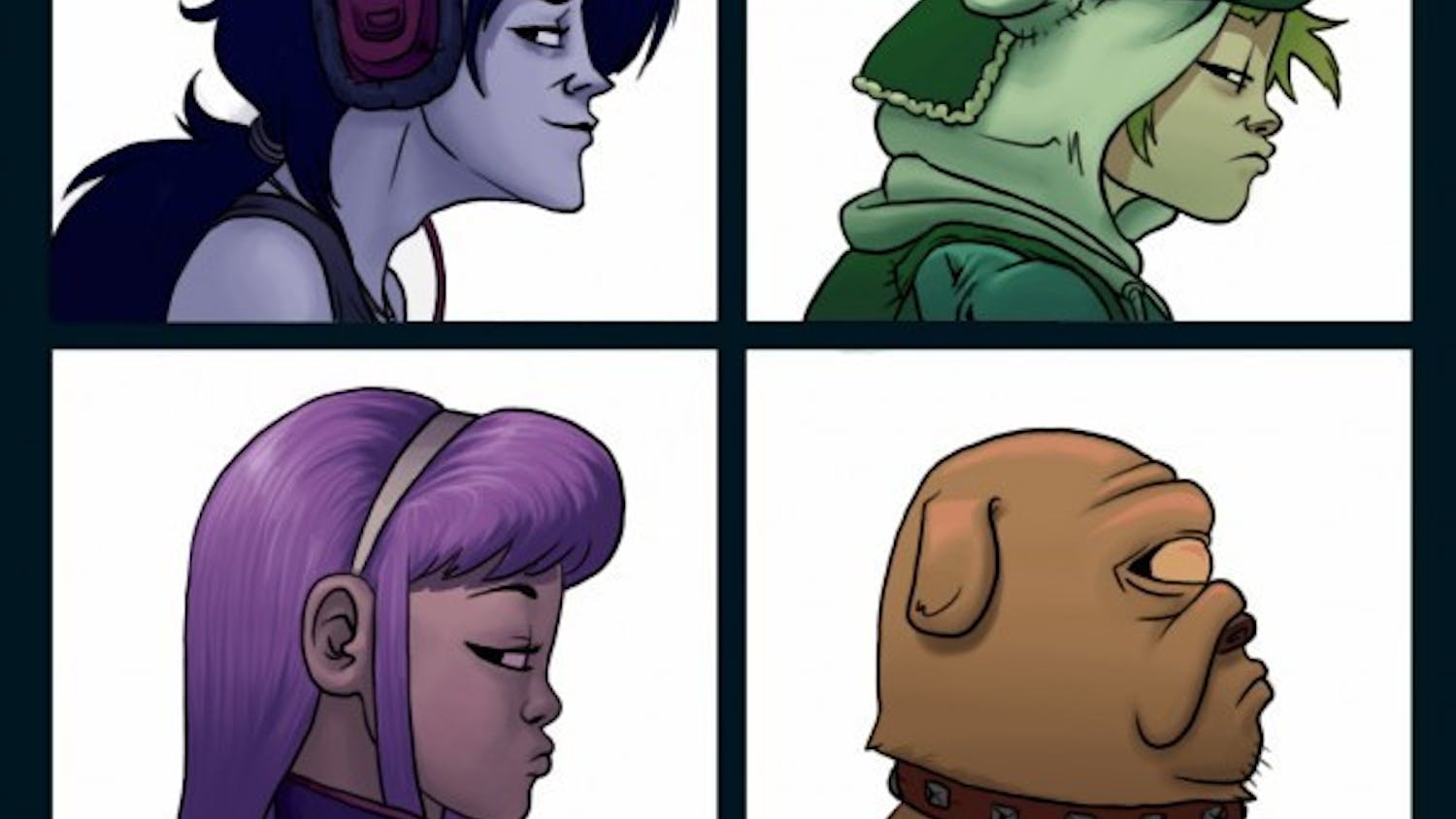It’s been a week since our return from Spring Break now, and perhaps the collective misery of going to your 8:30 a.m. class has worn down into a more manageable annoyance.
To brighten up the returning-to-school doldrums, I’m here to talk about children’s television. Who watched the season finale to “Legend of Korra” a few months ago and squealed with excitement when Korra and Asami, two main female characters, walked into a shining column of light and declared their ultimate love for one another in a totally romantic way? This girl.
Okay, they didn’t declare their love out loud, but it was definitely implied, and also confirmed by Bryan Konietzko, the show’s creator, on Tumblr. They held hands and walked into a glowing spirit portal and gazed lovingly into each other’s eyes. It was pretty much the equivalent of riding off into the sunset.
More recently in the world of diverse representation, the popular children’s animated show from Cartoon Network, “Steven Universe,” released their season one finale on March 12. During the episode, two female-presenting characters, Ruby and Sapphire, are revealed to be in a romantic relationship through a musical number. “Steven Universe” is a show that continually manages to get around network limits to represent characters with fluid gender representation and sexuality.
“Legend of Korra” and “Steven Universe” received a lot of positive support from fans for the choice to include LGBTQ+-identifying women of color in their storyline, but also a lot of backlash from people disapproving of the relationship.
Many seem to think that representing queer relationships in television shows for children is somehow pushing the envelope for what is appropriate. Complaints have been made that children shouldn’t be exposed to different sexualities and gender representations until their sweet little angel ears are ready to hear about such scandal.
This viewpoint is narrow-minded, and it rejects the idea of diverse sexual expression. When kids see people like them represented in media, whether this is in the form of more racial diversity or sexual representation, they are positively impacted.
We all grew up forming opinions and generalizations about things through watching TV. What is depicted on television, both for children and adults, is often a way to broadcast what is normal and acceptable to society. When what is shown on TV caters to only one or two demographics, then these identifications become ultimatums children everywhere sitting in front of the TV will emulate and consider normal.
For far too much of television’s history, representation has been limited with few exceptions to largely skinny, one-dimensional white women and buff, aggressively heterosexual white men. That’s not the only type of representation I would want my children to see. That’s not the only representation I want to see. Frankly, it’s boring.
The world is full of diverse, multi-layered and unique people who deserve to have stories told about them and to be represented equally in society.
When exposed to this diversity early in life through shows like “Steven Universe” or “Adventure Time” — another Cartoon Network show that features a confirmed lesbian couple — children see that this diversity is not abnormal or unspeakable.
When people are still discovering and exploring their gender and sexuality, showing the possibility of a bright future for diversity through fictional characters and stories encourages acceptance.
“Legend of Korra” and “Steven Universe” have been small, hard-won victories for the world of accurate representation. I can only hope that there are many more to come.
Sally Greider is a UF English and public relations sophomore. Her column appears on Tuesdays.
[A version of this story ran on page 7 on 3/17/2015 under the headline “Representation in child TV shows important, needed”]



